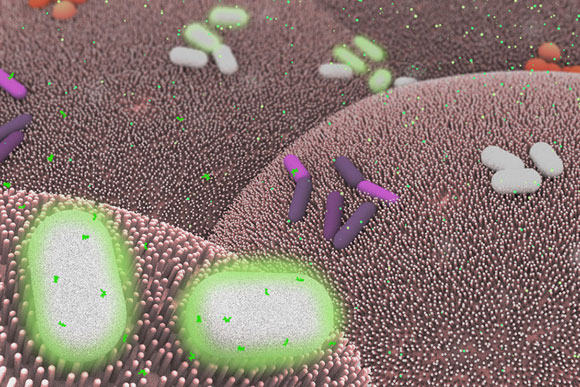
- MIT researchers are giving the “friendly” bacteria inside our digestive systems an upgrade via sensors, memory switches, and circuits which may one day allow them to be programmed to detect and ultimately treat diseases such as colon cancer and immune disorders.
- The team developed a series of genetic parts that can be used to precisely program gene expression within the bacteria. Using these parts, the team built four sensors that can be encoded in the bacterium’s DNA that respond to a signal to switch genes on and off. These can be food additives, including sugars, which allow the bacteria to be controlled by the food that is eaten by the host.
- The researchers now plan to expand the application of their tools to different species of Bacteroides. That is because the microbial makeup of the gut varies from person to person, meaning that a particular species might be the dominant bacteria in one patient, but not in others.